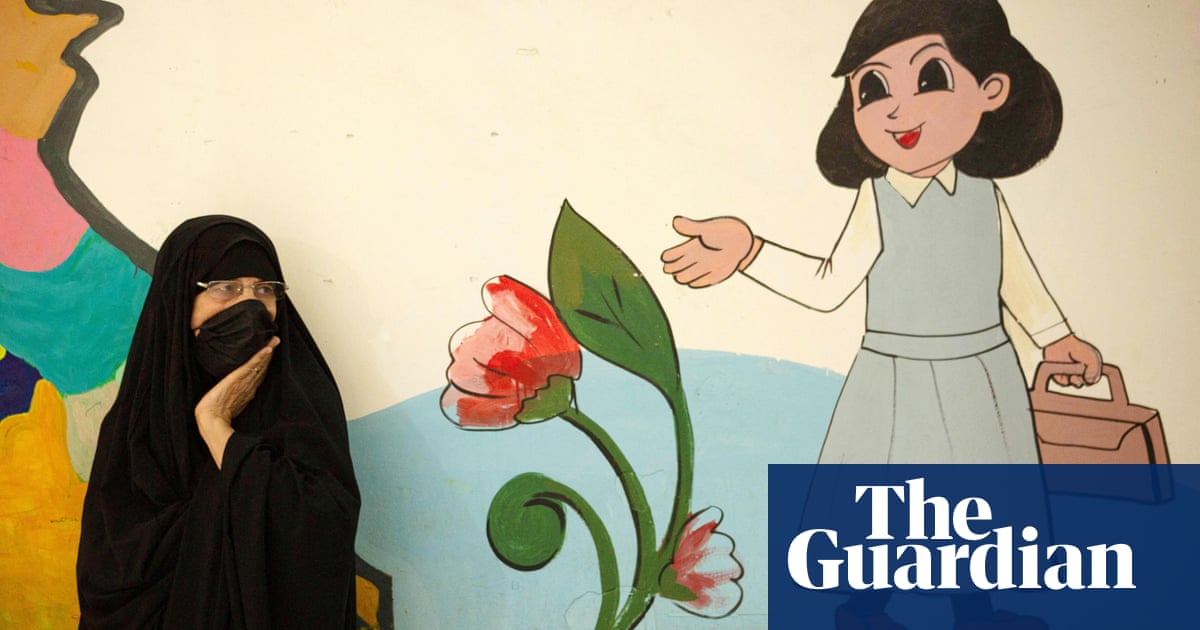Iraq
Girls have experienced a long history of oppression and repression all around the world, ranging from forced marriages to honor killings. With the development of society, there have been several challenges Iraqi women have suffered, such as wars, conflict, revolution, tradition, terrorism, religion, hunger and deprivation.
In the past, women were sold as prostitutes or slaves. Although this practice has largely ceased, I believe it is taking different forms.
Here are a few examples.
Girls in the kiosks
If you walk around the malls in Iraq, you will notice young girls dressed up and wearing a lot of makeup. You will also notice male customers talking to the girls. This is all at first glance, and then you start questioning yourself further.
The young girls are being used as a means to sell tangible products like perfumes and make-up, but without offering them any protection.
Let me elaborate. The managers hire young girls aged from 18- 25, or sometimes even 17. They force them to wear alluring clothing and a lot of makeup. Since the girls are from low-income families, they need the money, so they consent to work.
The kiosks have cameras, which are not only for general surveillance purposes. They’re also used to monitor the girls. Sadly, the girls are harassed and sexually assaulted, but no one ever does anything, even the police at the mall. The girls are told to keep chasing the clients to sell the perfume. Of course, many people get annoyed by this, but many men use this as an opportunity.
You see, women are seen as second-hand citizens. They are not afforded their basic rights, and they get blamed if they speak up. For example, in this case, the community would blame the girl for wearing heavy make-up without understanding that she is being used and forced to.
Girls in refugee camps
That’s another form of social disaster. Because of wars and conflicts, families have been destroyed. Refugee and IDP camps operate on a whole different system. Women, men, and children are traumatized by conflict. They do not have the choice to leave the camp, since some of the women’s husbands were ISIS members and the state does not issue them an ID, passport, or any form of identification. Therefore, they are stuck. The cheapest pleasure they get in the camps is sex. They don’t have protected sex; therefore, women get pregnant, even knowing that they cannot afford it.
Selling girls in the name of “Marriage and God”
One means of primal survival is to force a young daughter to marry an older man, so he can take care of them. It has been a form of trading. And while circumstances often force families to let their girls go away, some families do not understand the concept that their 14-year-old daughter being forced to marry someone in his 40s is a crime.
Although many people are using smart technology and opening their eyes to the world, some traditions have been stuck in old societal ideas. Social status matters everywhere, but it matters a lot in the MENA region. Religious and pious families inculcate traditional and religious dogma into their daughters' and sons' brains.
When a religious man wants to propose to a woman, he has to put a number for the dowry. It’s like putting a price on the girl. After marriage, the person who has the upper hand is the husband, because society, community and the law support him.
Young girls have been targeted everywhere in the world. But the repression has been especially bad in Iraq (and the MENA region generally), since many of the ideas there relate to culture and religion.
Poor girls in this country sometimes work in prostitution and other sordid work in order to support themselves and others. This says that the government has failed to apply the laws and protect them.
Even when there are laws, no one applies them.
To this day, women suffer from the actions of men generally, from governments, from partners, and even from their families. In addition, there are not enough laws to protect women in work spaces, camps, and many other places. This affects women in the workforce. And it affects their development and contribution to the economy and society as a whole.


